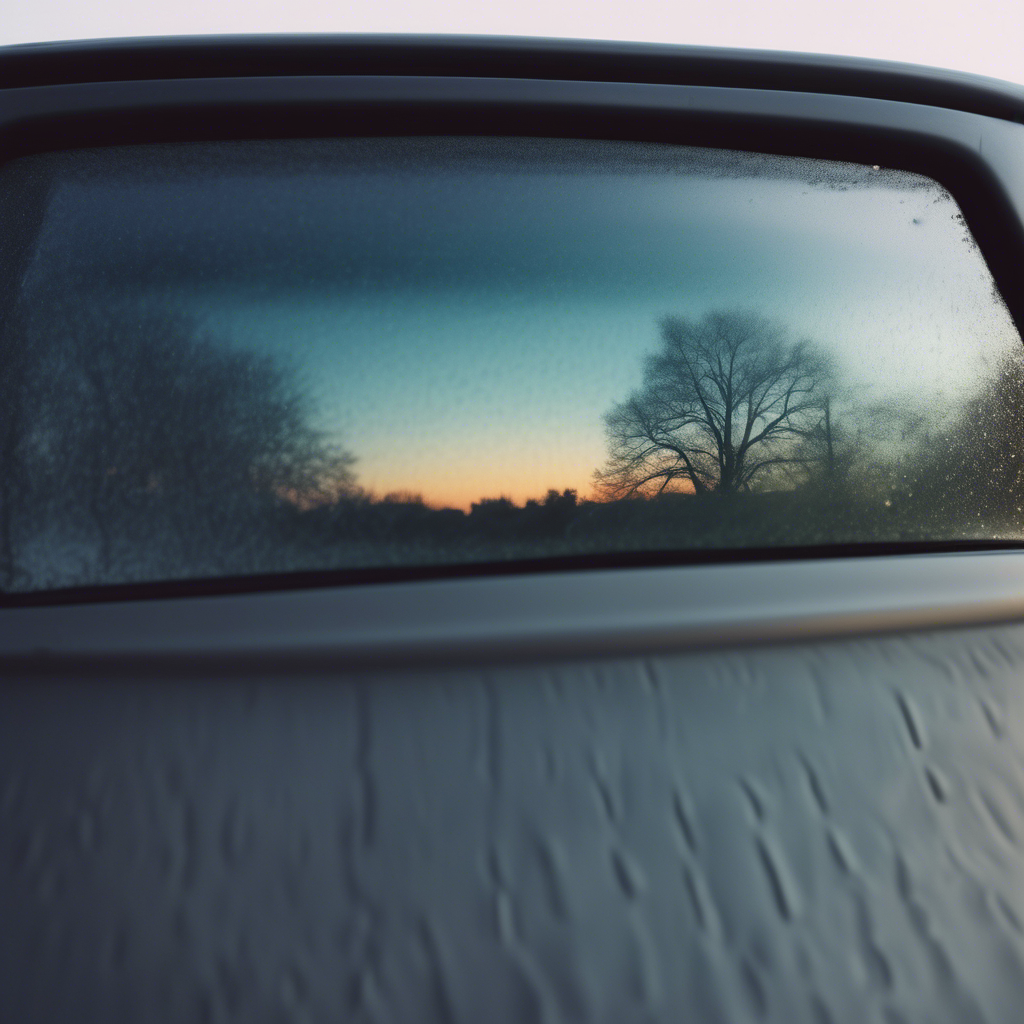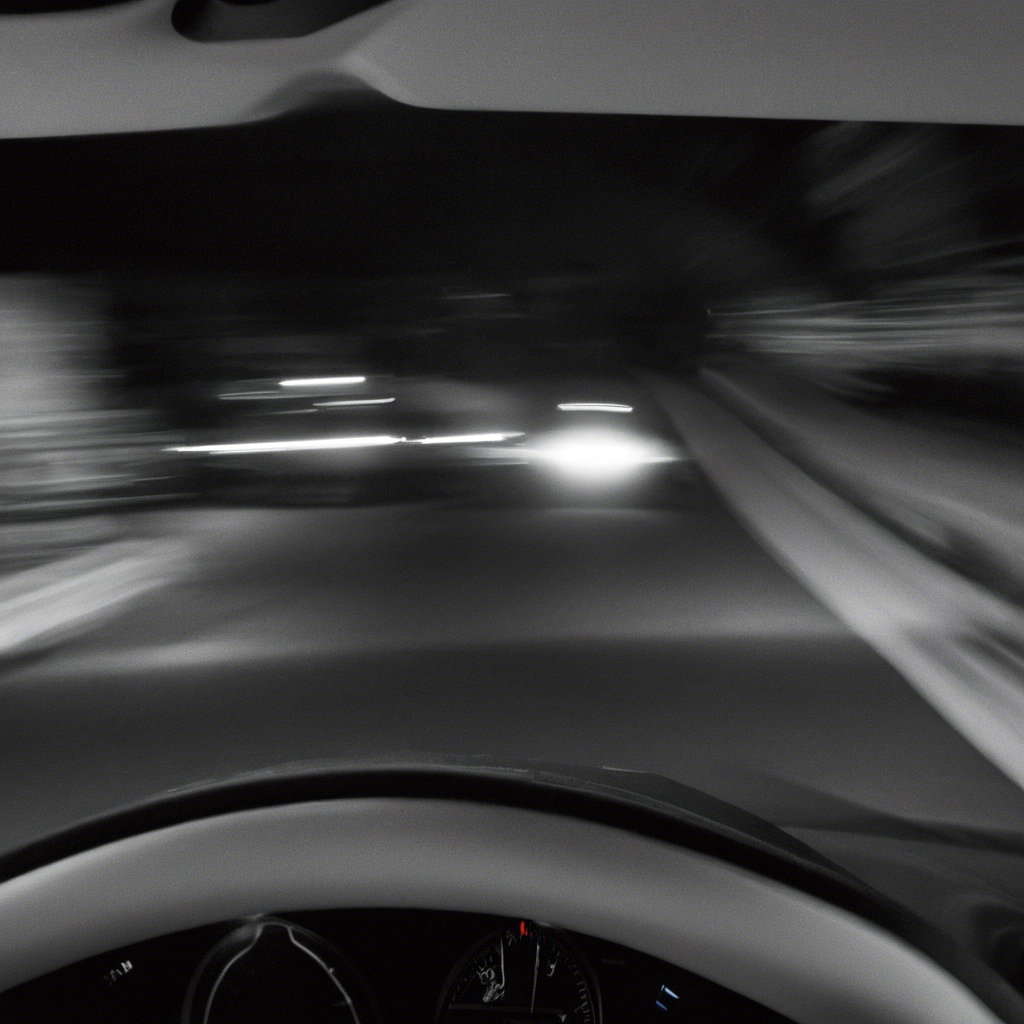Driving a car without a back window can be dangerous and illegal in many places. But whether or not you should drive your car without a back window depends on the circumstances and the extent of the damage.

If your back window is completely shattered or missing, driving your car without it can pose several risks. For one, it can impair your visibility while driving, especially when changing lanes or backing up. Without the back window, you may have difficulty seeing vehicles approaching from behind, making it harder to anticipate potential hazards on the road. This can increase the risk of accidents, especially in heavy traffic or adverse weather conditions.

Additionally, driving without a back window can expose you to the elements, such as rain, wind, and debris, making your driving experience uncomfortable and potentially unsafe. Rainwater can enter the vehicle through the missing window, causing damage to the interior of the car and potentially leading to mold or mildew growth. Wind can also affect the stability of the vehicle and cause discomfort to the driver and passengers.
Furthermore, driving a car without a back window can also compromise the structural integrity of the vehicle. The back window is an essential component of the car’s body, providing support and stability to the overall structure. Without it, the car may be more susceptible to damage in the event of a collision or impact, increasing the risk of injury to the driver and passengers.
In addition to the safety risks, driving a car without a back window may also be illegal in some jurisdictions. Many states have laws that require vehicles to be in roadworthy condition, which includes having all windows and mirrors intact and functioning properly. Driving a car with a missing back window may result in a citation or fine from law enforcement, so it’s important to check the laws in your area before hitting the road without a back window.
If your back window is damaged or missing, it’s recommended to replace it as soon as possible to ensure your safety and compliance with the law. In some cases, temporary solutions such as boarding up the window with plywood or plastic sheeting may be a short-term fix to protect the interior of the car and maintain visibility while driving. However, these solutions are not a permanent or ideal substitute for a proper back window replacement.
Ultimately, driving a car without a back window should be avoided whenever possible to ensure your safety, the safety of others on the road, and compliance with the law. If your back window is damaged or missing, it’s best to have it repaired or replaced by a qualified professional as soon as possible.

